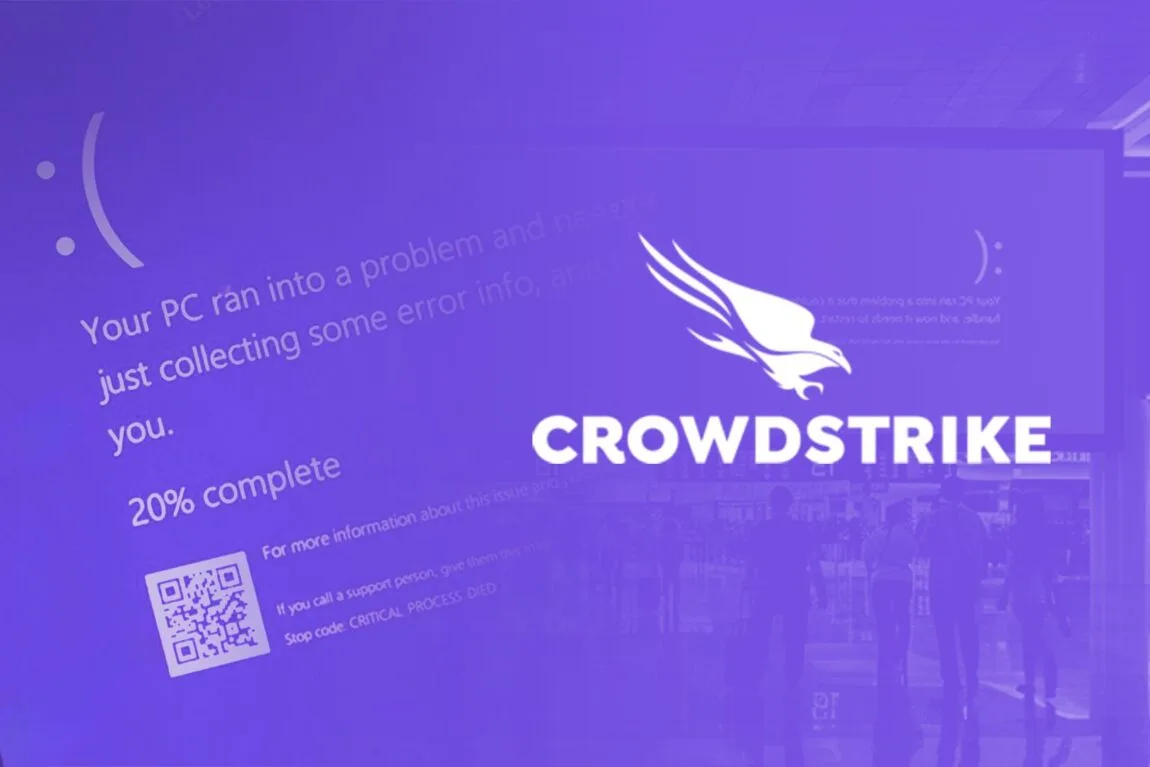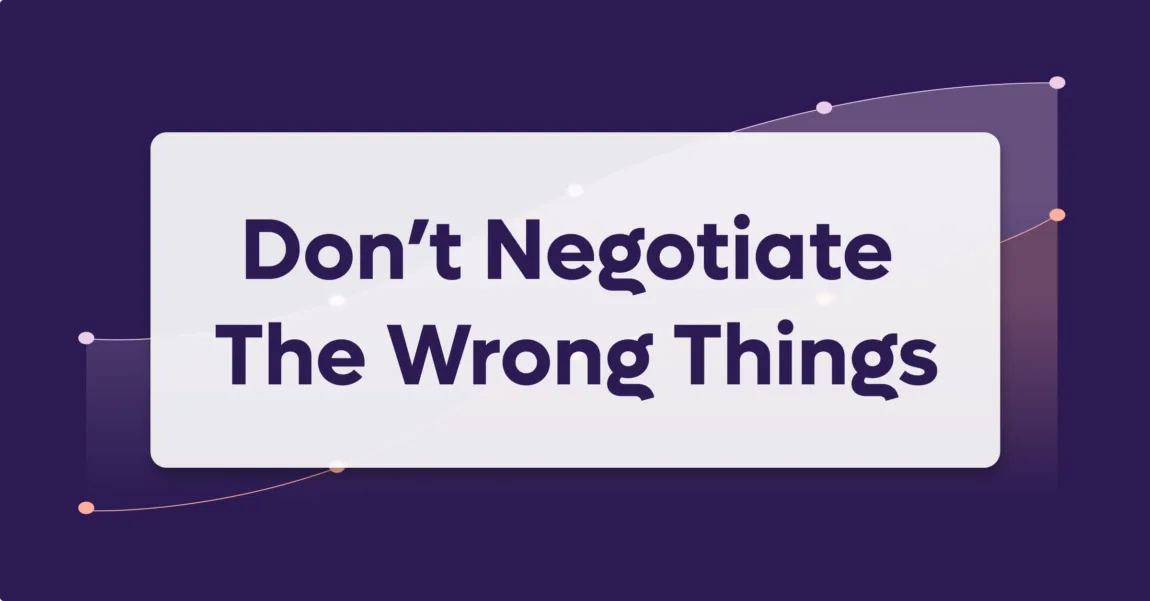Legal risks often feel like ticking time bombs. Imagine closing a lucrative deal, only to discover hidden costs or unexpected liabilities buried in the contract. Or worse, facing a lawsuit due to a poorly worded agreement. These scenarios are far from uncommon and can have devastating consequences.
From contract disputes to regulatory compliance issues, these potential pitfalls lurk in the shadows of daily operations, threatening to derail even the most promising ventures.
But here’s the good news: with the right approach to legal risk mitigation, you can defuse these threats before they explode.
Whether you’re a fast-growing startup trying to scale or an established SME looking to optimize operations, adopting legal risk mitigation strategies is crucial to protecting your business, preserving your hard-earned reputation, and achieving long-term success.
This guide will walk you through practical steps to safeguard your business from legal pitfalls, focusing on the role of contract review in mitigating risks.
Understanding legal risks in business
Legal risks can turn a promising business venture into a costly nightmare. We’re talking about the potential for financial loss, reputational damage, or operational disruption stemming from legal uncertainties, regulatory non-compliance, or contractual issues. These risks are the lurking threats that, if left unchecked, can bring even the strongest business to its knees.
Consider breach of contract—one of the most common legal risks businesses face. A small oversight in contract terms or failing to meet an obligation can quickly escalate into a legal dispute. For instance, a vendor fails to deliver goods on time, or a client withholds payment due to perceived shortcomings. Without a clear, enforceable contract, resolving such issues becomes a complicated mess.
Then there’s non-compliance with regulations. In heavily regulated industries, failing to adhere to data protection laws, environmental regulations, or industry-specific standards can lead to hefty fines, operational disruptions, and long-term damage to your reputation.
Don’t forget about intellectual property disputes, which can be a source of legal trouble. Protecting your intellectual property (IP) and ensuring you’re not infringing on someone else’s are both critical. IP disputes typically arise from unclear ownership rights in contracts, unauthorized use of trademarks, or misappropriation of trade secrets, leading to costly litigations that hinder your ability to operate.
So, how do you navigate these minefields? One of the smartest moves you can make to enhance your legal risk mitigation efforts is incorporating AI contract review software. This technology can streamline the contract review process by quickly identifying potential risks and addressing critical elements. AI-driven tools flag ambiguous language, detect non-compliance issues, and even suggest improvements based on best practices, keeping your contracts solid and your risks low.
Common legal risks in contracts
Some of the most common issues include ambiguous terms, misaligned expectations, and unenforceable clauses. These risks lead to disputes, financial losses, and even litigation if not properly addressed.
- Ambiguous terms. Vague language can lead to different interpretations, sparking conflicts. For example, a contract stating a delivery date as ‘within a reasonable time’ leaves too much room for dispute. What one party considers reasonable might be completely unacceptable to the other. According to the Wex Definitions Team from Cornell Law School, when a contract is ambiguous, courts may rely on extrinsic evidence to determine the original, true intention of the parties behind the agreement.
- Misaligned expectations. Poorly drafted contracts often lead to different understandings of obligations, the scope of work, or deliverables. For instance, a service provider assuming certain tasks are outside the agreement’s scope, while the client expects them to be included. This kind of disconnect can result in dissatisfaction, delays, and costly disputes.
- Unenforceable clauses. These are provisions in a contract that aren’t legally binding—perhaps they’re too vague, violate public policy, or are simply unenforceable. E.g., a non-compete clause that’s overly broad in terms of geography or duration might be tossed out by a court, leaving your business exposed.
A thorough contract review process is the key to know how to mitigate legal risk in business. If you systematically review every contract before it’s finalized, you can identify and address potential issues before they become problems. This process involves scrutinizing the language used, verifying that all terms are clear and specific, aligning expectations, and confirming that clauses are legally enforceable.
Legal risk mitigation strategies

How can you put your business in the best possible position to avoid legal pitfalls? Let’s talk strategies.
Make contract terms crystal clear
No vague terms or ambiguous language. Every term in your contracts needs to be defined and agreed upon by all parties involved. Clear terms prevent disputes and set concrete expectations. Instead of using terms like ‘reasonable efforts,’ spell out exactly what each party is responsible for and by when.
Practice contract negotiation
Successful contract negotiation is an art form that balances fairness with your business’s interests. It’s about addressing potential issues before they become part of the contract. Preparation is key—know your position, understand the other party’s needs, and communicate clearly. If you want to sharpen your negotiation skills, there are contract negotiation strategies to help you secure legally sound agreements.
Conduct regular legal audits
A regular legal audit is your business’s health check-up. Review your company’s contracts, policies, and practices for maintaining compliance with the latest laws and industry regulations. This ongoing process helps you catch outdated or non-compliant clauses before they cause real problems.
As highlighted by the American Bar Association, with increasing scrutiny on corporate governance, especially in areas like information security and privacy, legal audits provide a critical layer of protection. They create an evidentiary paper trail that can defend your company and its leadership in the event of litigation, demonstrating that your business has exercised due diligence and acted in good faith.
Leverage AI contract review software
Here’s where technology steps in. AI contract review software stands out as an invaluable tool aiming to accelerate contract management processes. This advanced technology quickly analyzes contracts, flags potential risks, and even suggests improvements. Plus, it helps you manage review costs by automating much of the process. Curious about the cost benefits? Check out more on review cost.
Streamline approval processes
When contract approvals face delays, the consequences often include missed deadlines, rushed decisions, and oversights. These factors increase the likelihood of errors or omissions in final agreements. That’s why implementing an approval process ensures thorough contract reviews. The result is a dual benefit—reduced risk of errors and enhanced efficiency in contract management.
The role of contract review in legal risk mitigation
Contract review is the cornerstone of legal risk mitigation. Think of it as your business’s first line of defense. Contracts define your relationships with clients, vendors, and partners, and they’re often where legal risks are hiding. Here’s a quick breakdown of a solid contract review process:
- Initial assessment: Get a clear understanding of the contract’s context, parties, and obligations.
- Detailed review: Examine the terms and clauses for clarity, consistency, and enforceability.
- Checklist cross-reference: Use a contract review checklist to make sure nothing is missed.
- Risk identification: Look out for ambiguous language or unenforceable clauses.
- Final review: Double-check all necessary revisions before final approval.
- Documentation: Store and archive contracts securely for future reference.
A detailed examination of each agreement, alongside the use of contract review checklists, enables early risk identification and mitigation, protecting your business interests. This approach fosters smoother contractual relationships while bolstering your business’s legal position. Ultimately, thorough review practices pave the way for more successful partnerships and reduced legal exposure.
Securing your business with legal risk mitigation
Legal risks pose a constant threat to even the most promising ventures. Ambiguous contract terms, regulatory non-compliance, and hidden liabilities can all lead to challenges. The strategies in this guide provide a clear approach to addressing these risks effectively. Focusing on clear contract language, conducting regular legal audits, and using AI tools are crucial steps to mitigate potential issues. Streamlined approval processes and contract reviews are essential defenses against disruptions.
For SMEs and startups, controlling legal costs is vital. AI contract review software offers a powerful, affordable solution, reducing review expenses while boosting accuracy and efficiency in contract management. Protect your business and focus on growth with confidence. Sign up for a free trial on Superlegal AI to see how artificial intelligence can transform your legal risk management approach.







By entering your email, you agree to our Terms & Conditions and Privacy Policy.